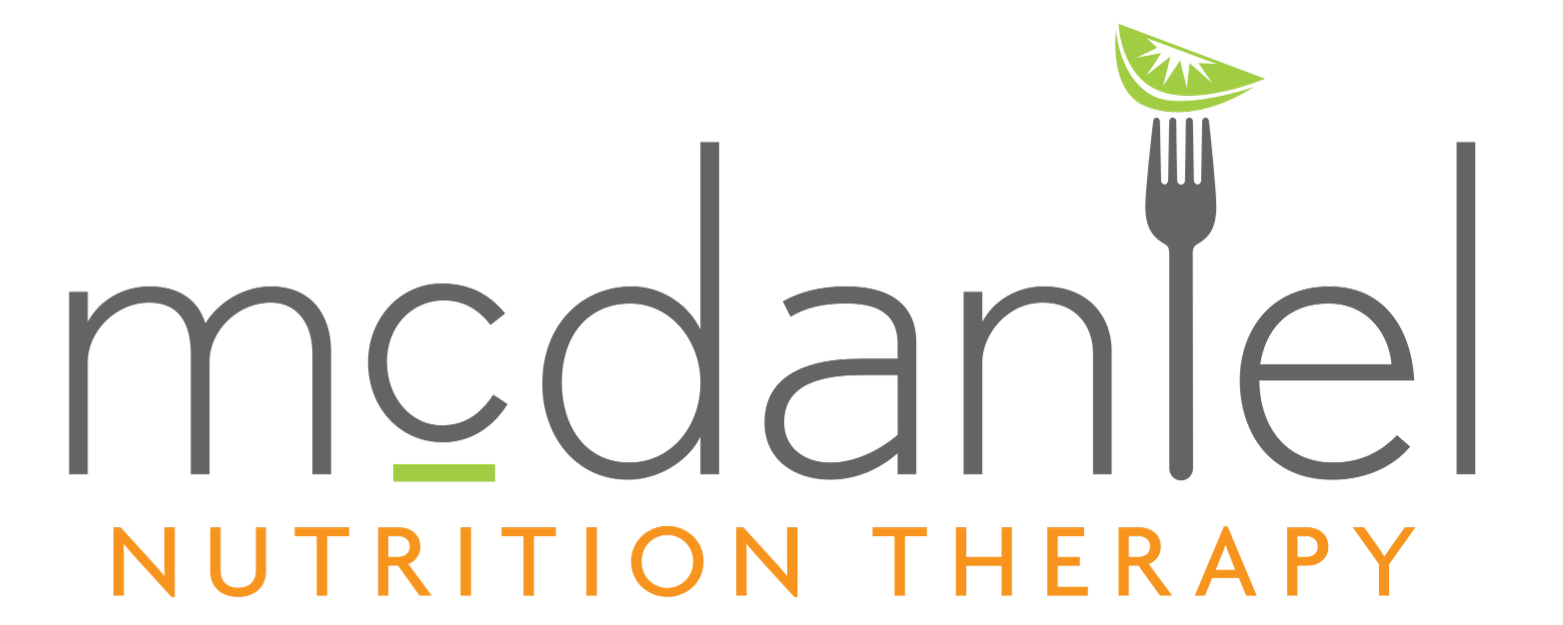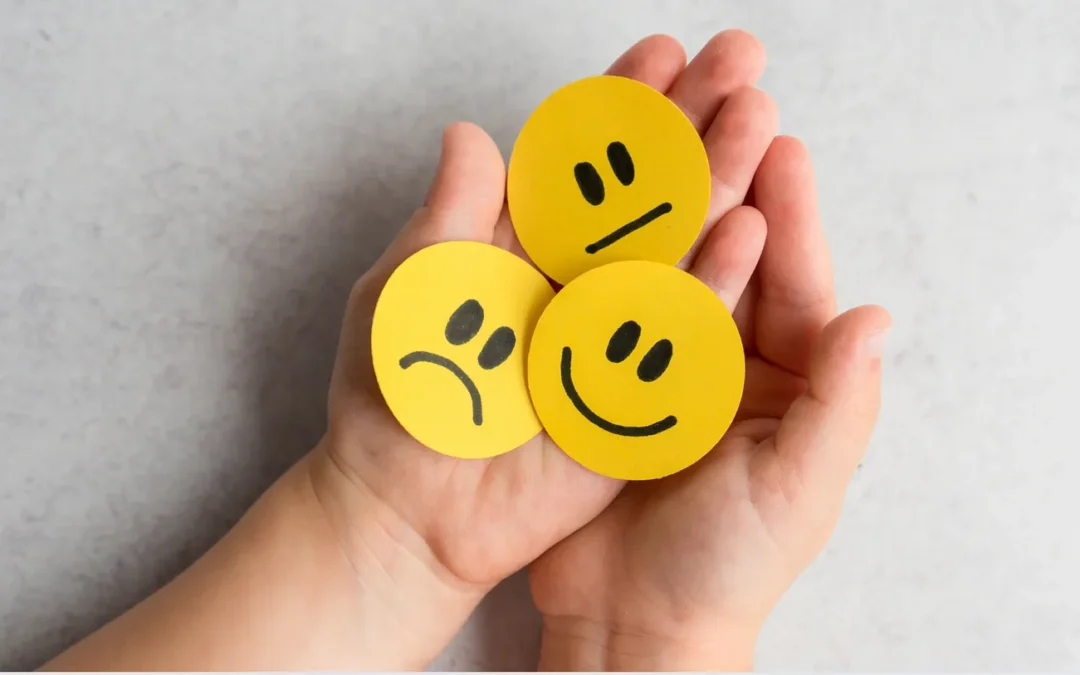The fastest way to freedom is to feel your feelings – Gita Bellin
I’ve been exploring a new approach as part of my coaching program—tuning into the shifting emotions within my body. Sometimes, I feel nothing at all. Other times, an emotion feels like a heavy weight pressing on my chest or an unsettled sensation in my stomach. What’s been most interesting is that sometimes, I notice that even when nothing overtly stressful is happening, I can still feel a lingering heaviness in my body.
In short, I’m trying to feel my way through life more, rather than think my way through it.
But why is this practice worth doing? For one, learning to recognize and sit with emotions—rather than immediately trying to fix or escape them—has the potential to reduce suffering, both for myself and for the clients I work with. Could it be that most coping mechanisms—whether food, alcohol, shopping, scrolling, or something else—ultimately stem from a desire to avoid feeling a certain emotion, whether consciously or unconsciously? If I can better understand this in myself, I can better support others in doing the same.
For me, my go-to coping mechanism isn’t food or alcohol (anymore) but excessive thinking. I try to think my way out of discomfort—analyzing, strategizing, over-examining a situation. But just like emotional eating, this rarely resolves the feeling. If anything, it makes it linger even longer.
A Common Story About Emotional Eating
A very common story I hear in sessions is that a client is “good all day.” They eat well, feel in control, but then in the evening, it all falls apart. They find themselves snacking, eating foods they don’t find acceptable, and wondering: How do I stop this cycle? They say, I do fine in all other areas of my life, but this food thing—I don’t know why I can’t figure it out.
And really, you could swap “food thing” for anything else—drinking, scrolling, shopping, overworking.
When I explore emotional eating with my clients, we might look at it in different ways, depending on how the conversation unfolds.
Seeing Emotional Eating Differently
First, we might start here: Can you see how eating to feel better is actually helpful thing?
They usually look at me like I’m crazy. Because to them, it doesn’t feel helpful at all—it feels frustrating and shameful. But I ask: Does it make you feel better?
Yes. In the moment, it does feel helpful. I feel better.
That means your body has figured out a way to comfort you. And that is pretty lovely.
Now, does that mean it’s the coping mechanism you want to keep? Not necessarily. But can it be both? Can we see it as something your body has learned to bring relief and be willing to shift the behavior?
Because here’s what I know: layering shame on top of post-eating discomfort only makes it worse. Those thoughts—I shouldn’t have done that, what’s wrong with me?—keep the discomfort around even longer.
Why Do We Avoid Feeling?
Duh. Because it can hurt. Emotional eating is exactly what the label says—eating in response to emotions. Typically, ones we don’t want to feel.
From an early age, we’re conditioned to avoid discomfort. We hear things like, “Suck it up!” or “Cheer up!” We learn to distract, numb, or power through rather than sit with emotions. So, of course, when big feelings come—stress, loneliness, frustration, boredom—we instinctively reach for something to take the edge off.
But what if those reactions, while understandable, are keeping us stuck in the very patterns we’re trying to escape? What if, instead of immediately reacting, we tried to slow the whole experience down?
Noticing the Feeling Before Eating
If the moment allows, I’ll ask a client to slow down or stretch out the experience.
Can you notice the craving or the feeling before eating?
What is it? Where do you feel it in your body? How would you describe it?
In this experiment, anything can happen. Sometimes the feeling becomes clearer. Sometimes it scurries away. Sometimes nothing changes at all. But the simple act of noticing creates space. If it’s not actual hunger driving the decision, it might be a yucky feeling—one that just wants to be felt.
I’m in this too. More and more, I remind myself that all yucky feelings can be felt. And the good news? Not only do I survive them, but they don’t stick around forever.
Noticing the Small Waves
I love the analogy of being the ocean. Our true nature is calm and expansive. But waves will always come, and to navigate the big ones, it helps to notice the smaller ones along the way.
A conversation I often have with clients is about paying attention to these daily shifts in emotions. When we’re busy, it’s easy to boogie-board right over them—riding past small frustrations, anxieties, or moments of discomfort without really noticing. But avoiding these little waves can lead to a mini tsunami at night, when the distractions are gone.
So we practice. I encourage my clients to feel their feelings throughout the day (like I’m also doing!), to notice the more subtle shifts. To ask: What’s my emotional weather right now? A drizzle of annoyance? A gust of anger? A grey sky of boredom?
Just naming the feeling—not analyzing it—can shift how we relate to it. And instead of giving power to thoughts about the feeling, we turn our attention to the body. Because the body is the direct experience.
Learning to Ride the Waves
I’ve found a lot of aliveness in these experiments. Like fun! Just watching all my daily waves.
And when a big wave comes? I don’t surf my way to shore perfectly. I wobble, grab the board, almost fall off. It’s not pretty.
But I do make it to shore. Every time.
Emotions and stress—they’re here. They will always be here. And that’s a good thing. It means I’m alive. And feeling.
If stress or emotional eating is something you’re struggling with, I’d love to help. Reach out, and let’s set up a consultation!

